Cocaine Addiction Treatment
Break Free of Cocaine Abuse
Detox and Withdrawal in a Safe Environment

Individualized Treatment Options

Lay the Foundation for Sobriety
Is Cocaine Addiction Controlling Your Life?
Cocaine has many names — snow, coke, blow, and crack. People can snort, smoke, or inject cocaine. Regardless of what you call it or how you or a loved one use it, cocaine is highly addictive, and millions of people are addicted to it.
The drug, which comes from the coca leaf, causes people to feel energetic and euphoric. People consider it a “party drug” because it makes you happy and social. But what starts to help you relax and have fun can quickly morph into an addiction you can’t control or stop.
Cocaine is dangerous because it:- Can result in addiction after only a few uses
- Minimizes the desire for food or sleep, which leads to other health problems
- Increases the heart rate and can cause a heart attack or heart arrhythmia
- May cause stroke or seizure
- Weakens the immune system
Cocaine can cause dangerous physical side effects quickly. Repeated use may even affect brain function permanently. If you’ve become dependent on the stimulating effects of cocaine, Shadow Mountain is here to help with cocaine detox and rehab.


Warning Signs You Need Cocaine Addiction Treatment
Because cocaine is highly addictive, any person who uses it is at risk of developing an addiction. Some personal factors increase the risk of a cocaine use disorder. These factors include a family history of drug dependence, addiction to alcohol or other substances, and some mental health disorders.
People with depression may try self-medicating with cocaine. The stimulating effects bring temporary relief to depression symptoms. Yet, the effects of cocaine are brief. The “high” is followed by fatigue and depression, which can make the symptoms of a depressive disorder worse in the long run.
If you think someone you know is addicted to cocaine, watch for the following warning signs:- An inability to stop using cocaine even though they want to
- Extreme energy, talkativeness, or restlessness
- Spending excessive amounts of time and money locating the drug
- Increased anxiety
- Continuing to use cocaine even though it harms their personal or professional life
- Continuing use despite health complications
Like all addictions, cocaine use disorder is a complex disease. It involves mental, physical, environmental, social, and familial factors. An effective cocaine addiction recovery program must address these factors and more.
Treatment for Cocaine Addiction at Shadow Mountain
Effective treatment for cocaine addiction is available, and it starts with detox. Treatment at Shadow Mountain begins with medically-supervised cocaine withdrawal treatment. Detoxing from cocaine can cause serious symptoms in some people. These may include depression, anger, and intense cravings. Cravings can lead to relapse and overdose.
We designed our cocaine detox treatment to keep clients comfortable and safe as their bodies stabilize. Medical help makes the detox process easier. Getting sober lets clients begin participating in therapies that will help them maintain the changes they make.
Some of the therapies offered in our cocaine addiction treatment program include:
- Group therapy to learn from and share with other people in similar situations
- Life skills training to help you relearn the skills you need after recovery
- Individual therapy sessions where you work one-on-one with a therapist to learn the root cause of your addiction, heal from it, and develop coping strategies for the future
- Experiential therapies like yoga, journaling, hiking, or cooking healthy meals where you heal by doing
We treat the whole person, including addressing each person’s mental and physical needs through an individualized treatment plan.
Benefits of Shadow Mountain’s Cocaine Recovery Treatment Program
At Shadow Mountain, treatment for cocaine addiction begins with a complete health assessment so our team can understand your individual needs and create an effective treatment plan.
Our cocaine detox treatment program provides the medical care and oversight necessary to keep you safe and healthy. We also offer the compassionate, nonjudgmental support you deserve. Deciding to deal with addiction and go through withdrawal is already difficult enough. You shouldn’t have to suffer needlessly, and with medical detox services, you don’t have to.
Other benefits of receiving cocaine addiction treatment at Shadow Mountain include:
- A blend of research-based and full-person treatments
- Multiple locations across New Mexico
- Dual-diagnosis treatment for those with more than one addiction or other mental health concerns
- Options for residential and outpatient care
- 12-step alternatives
- Treatment for the underlying causes of addiction
We create a welcoming environment where you’ll feel comfortable completing treatment and starting recovery. Our New Mexico treatment completion rate is 43% higher than the national completion rate for residential programs. Treatment for cocaine addiction can’t work if it’s left unfinished or without full commitment, so we support you through the entire detoxification, withdrawal, and treatment process.
Contact Shadow Mountain Today
Recovering from cocaine addiction is challenging, but it’s not as difficult or dangerous as living with an addiction. Take the first step to wellness, and call our admissions team today. One of our admissions experts can help you start your recovery journey, including verifying your insurance coverage and the cost of treatment.
Don’t wait another day to get help.


